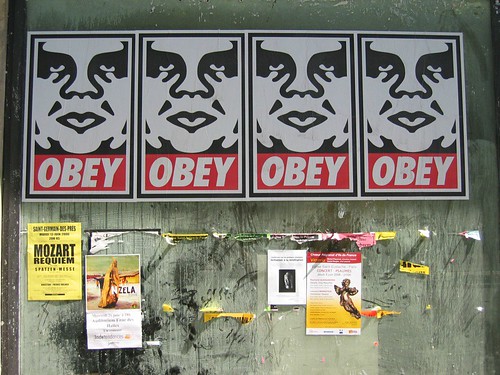Among the hi-tech tools used by the police in their work is the DNA database. Most countries have or desire one but few have implemented this desire as effectively and frighteningly as Great Britain with their National DNA database.
The Guardian reports that Britain’s National DNA database “is proportionately the biggest in the world and includes the profiles of more than 7% of the population, according to Home Office figures. Almost everyone arrested for a recordable offence is required to provide a DNA sample. Whether or not criminal proceedings follow, DNA records stay on file until the person reaches their 100th birthday.”
Considering the number of innocent (legally not necessarily morally) children stored in the database the 100 year old limit is possibly ageism. The Guardian again:
Genetic information taken from nearly 1.1 million children is now stored on the national DNA database, official figures show, and campaigners believe that as many as half of them have no criminal convictions… The figures show that 1.09 million DNA profiles of people aged under 18 were held on the database with 337,000 under 16.
Of course the police want to keep this tool, and yes the tool is much more effective when more DNA samples are available but maintaining samples of innocent people in this way is, according to the European court of human rights a violation of citizens rights – the courts stated that the methods “…could not be regarded as necessary in a democratic society” (
BBC &
Privacy International)[1].
Terri Dowty, of Action on Rights for Children, said: “Many children get arrested, have their DNA taken and there is no further action against them or they get a reprimand or final warning. We are collecting massive amounts of data on children, including how likely they are to be criminals, and it runs the risk that we will prejudge them.”
It is more than a little bit scary that despite the protests and criticism the police and politicians in Britain struggle to maintain a system which clearly violates human rights not only of children but even of adults. Since the protesters are now focusing on the negative effects on children it almost feels as if the struggle for innocent adults stored DNA is a losing battle.
—
[1] European Court Rules DNA Retention Illegal (04/12/2008) Decision of the Court (Doc), Press release from the Court (PDF) & Privacy International amicus brief to the Court (PDF)



